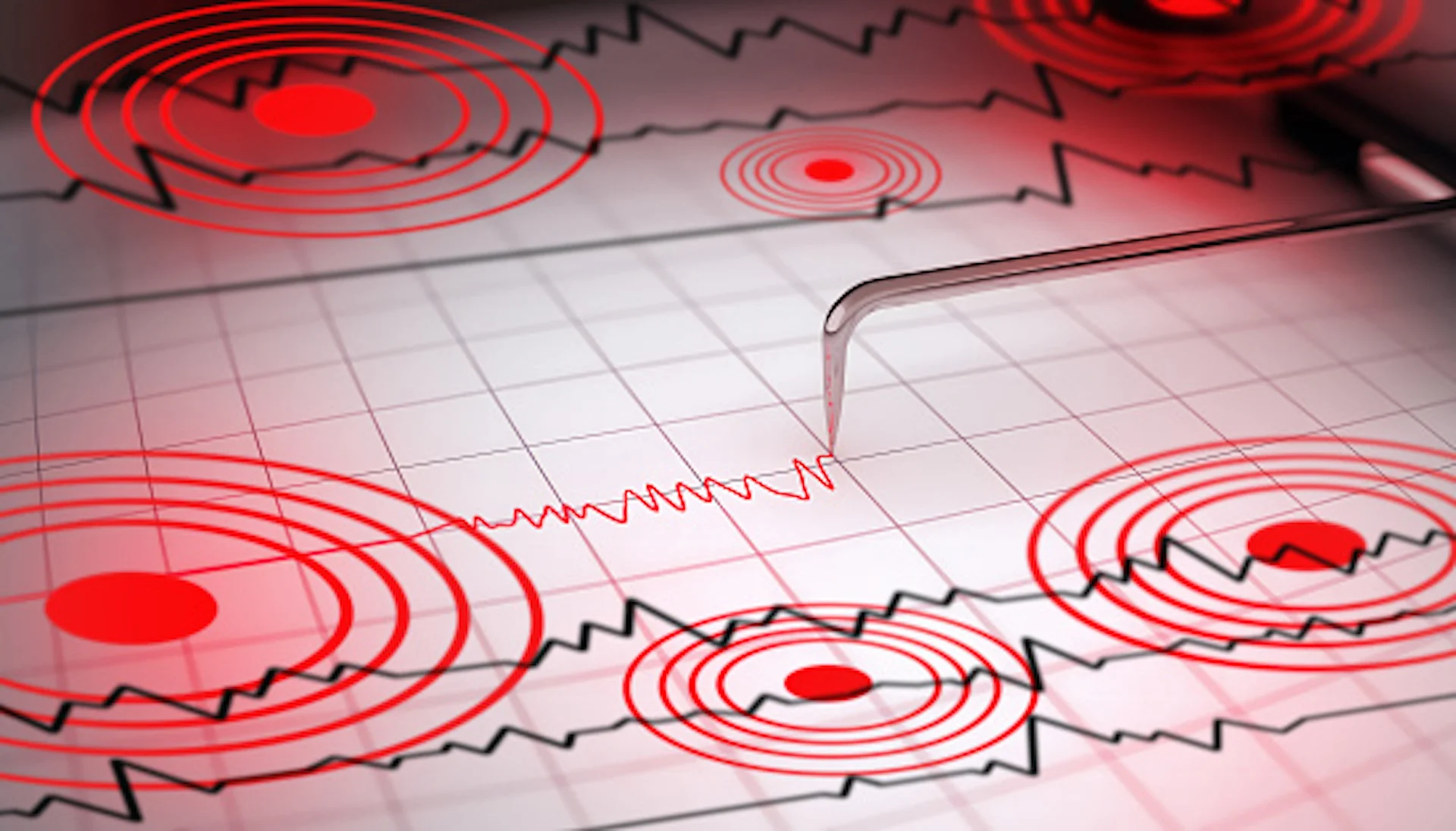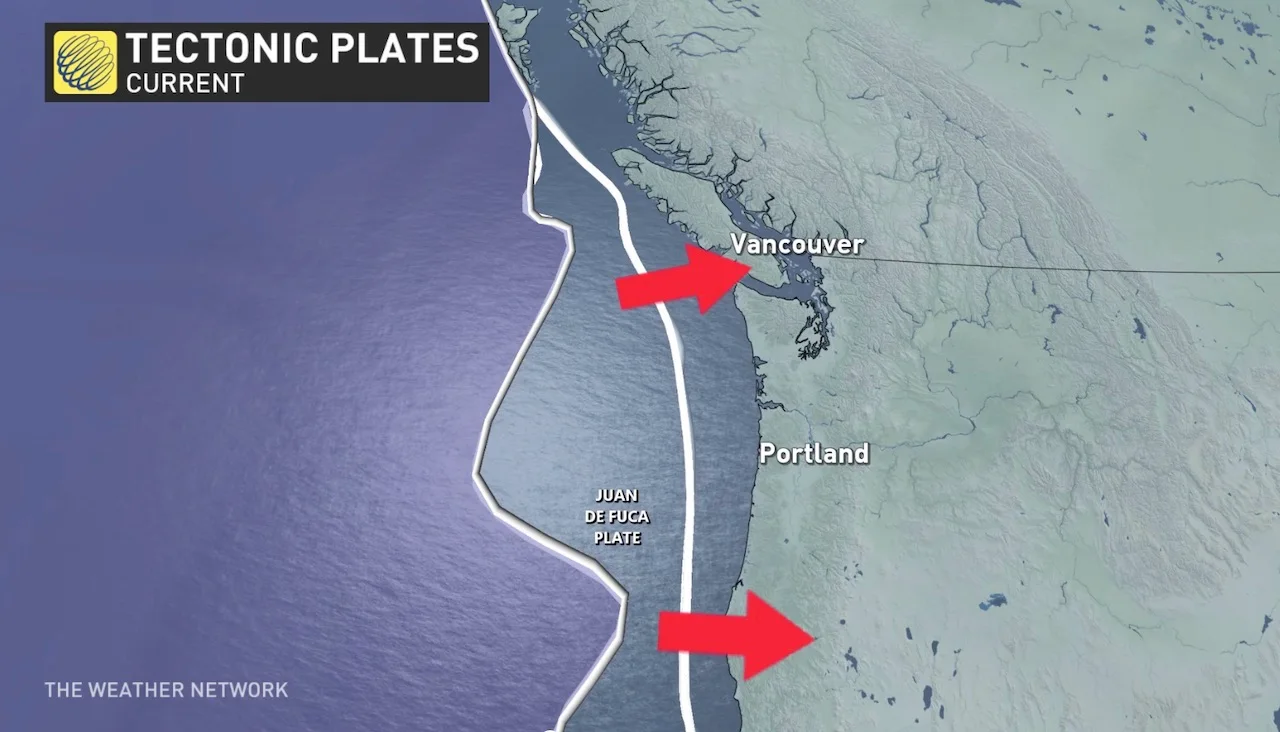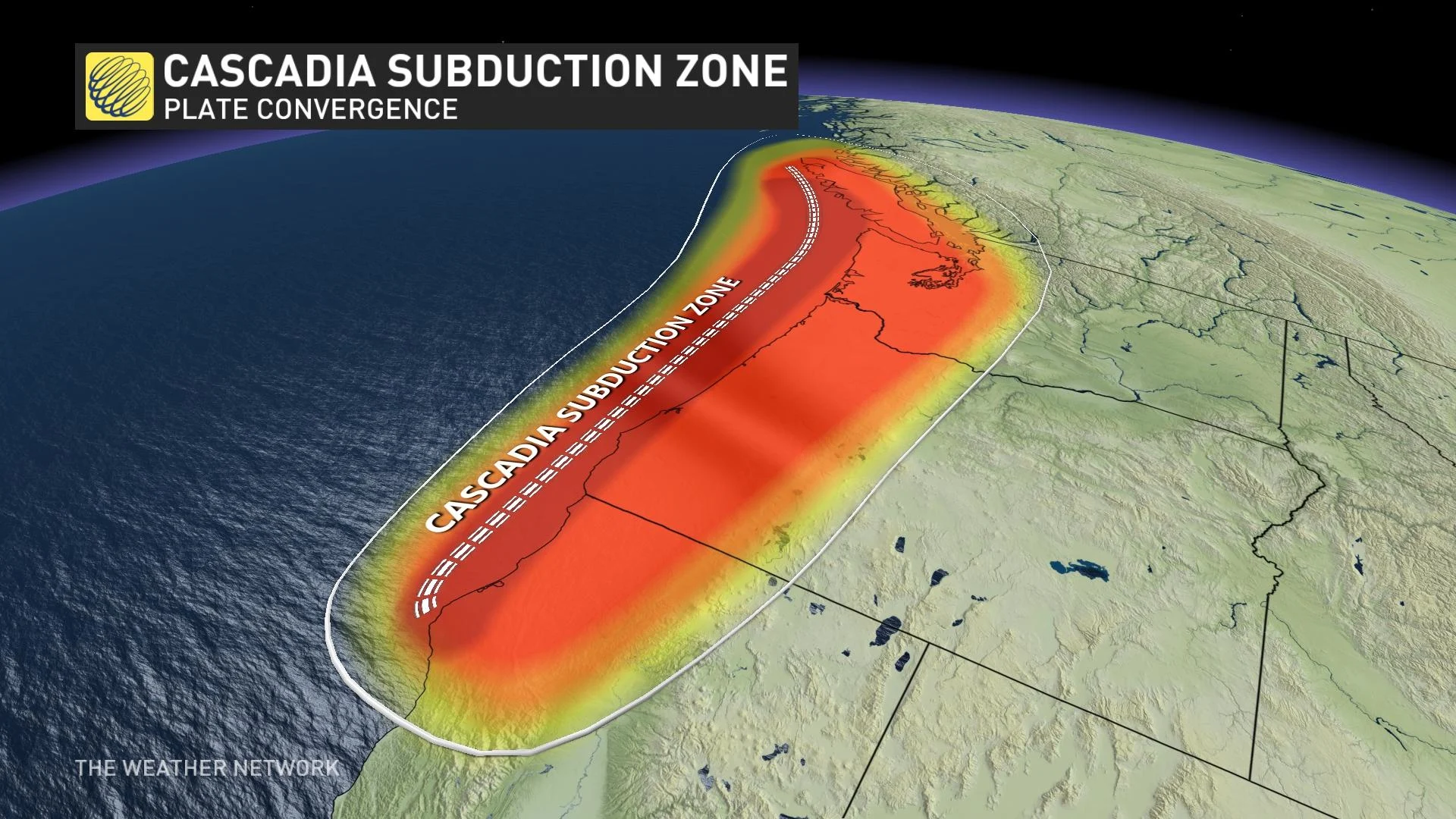
Underwater magma eruption looms after B.C. coast rattled by earthquakes
Experts are anticipating a deepsea magma eruption off Vancouver Island sometime in the future after fierce earthquake activity recently, resulting in more than 2,000 small earthquakes being recorded in one day
March has already been quite the active month, seismically, for the B.C. coast.
If you visit the Natural Resources Canada (NRCan) website, you will notice a long list of tremors this month originating off the West Coast, especially from March 6 and beyond.
DON'T MISS: Everything you need to know for April's spectacular and rare solar eclipse
The tremors were nothing of concern, though, with the highest rated as a 4.6 magnitude that occurred 260 km southwest of Tofino, B.C., on March 6, according to NRCan.
But, what has scientists intrigued about this latest earthquake swarm is the expectation of an imminent eruption of hot magma in the deep ocean waters off Vancouver Island. On March 6, the region recorded 200 small earthquakes in one hour and as many as 2,000 that day, prompting experts to anticipate the forthcoming event.
"This is a unique opportunity to witness this [event], especially locally that...it happens maybe once or twice in a lifetime," Jesse Hutchinson, a junior staff scientist with Ocean Networks Canada (ONC), told CBC News in an interview.
Underwater rupture won't pose risk, but offers an opportunity
As is the case with the recent barrage of earthquakes, residents won't need to worry about the projected eruption under water.

The expected rupture, located approximately five kilometres deep and 260 kilometres off the coast of Tofino, B.C., will likely be too remote and too small to pose any notable concern, according to ONC. Instead, it will provide scientists with a not-so-common chance to gain a better understanding of the Earth's crust formation.
As for when to expect the eruption? ONC noted it could happen anywhere from a few weeks to a few years from now.
When it does occur, the substance that is expected emerge has been described as an "almost fluid, runny rock," but it will solidify and turn black while the water around it fizzes –– something only scientists will be able to pick up on.

B.C. is no stranger to earthquakes, even swarms of them in a short amount of time. In September 2023, a swarm of more than 30 tremors were documented just a few days apart.
Vancouver Island is located close to an active boundary of three tectonic plates – Pacific, Juan de Fuca and North American. The ongoing interaction among these tectonic plates has the potential to generate large earthquakes, according to Rachel Modestino, a meteorologist at The Weather Network.
All of these earthquakes are occurring along a subducting plate boundary, where the oceanic plate is subducting under the less dense North American Plate. This subduction zone is one of the most tectonically active locations in the world.
WATCH: How likely is a devastating earthquake in Canada?
With files from Kim Macdonald, a content creator and weather specialist at The Weather Network.
Thumbnail courtesy of Getty Images/Bymuratdeniz/2007470156-170667a.
Follow Nathan Howes on the X platform, formerly known as Twitter.











